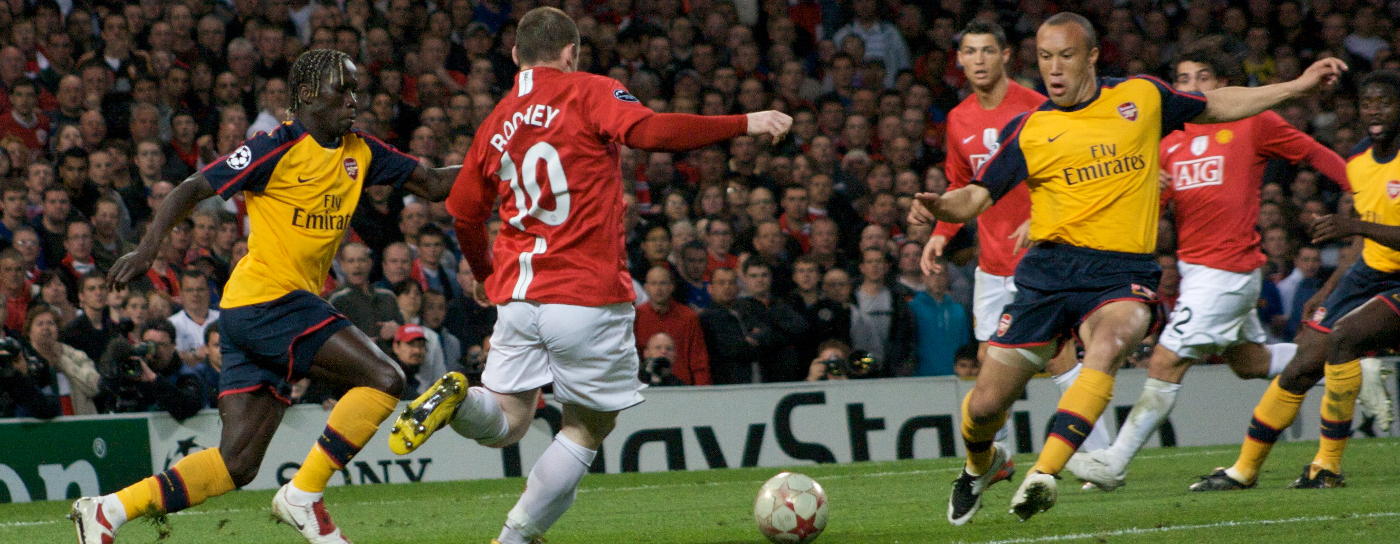Last Thursday ‘Justice for Punters’ became aware that two major articles would soon be published; one in the Sunday Telegraph (see: http://www.telegraph.co.uk/news/2017/07/08/exclusive-teenager-takes-bet365-court-1m-won-horse-races/) and one in The Times (see: https://www.thetimes.co.uk/edition/ireland/blocked-gamblers-were-able-to-keep-betting-after-merger-of-bookmakers-6w6fjc372), because we were contacted by journalists from both newspapers.
It’s useful that the two articles appeared the day after one another, because both articles perfectly highlight why the gambling market needs urgent treatment, in fact, this market should be treated by government and regulators as an accident and emergency case, so with great urgency.
The UK’s Competition and Market’s Authority has already announced that it is investigating online gambling companies for not paying out (https://www.gov.uk/government/news/cma-launches-enforcement-action-against-gambling-firms). This issue is not unique to gambling online, but it rarely happens in shop or on-course. There are two-sides to the story; one being how the gambling companies act and the other being how some customers act. It’s important to recognise this, but it’s also important to recognise what the causes of these actions are. The latter has never been fully explored and it is unlikely the industry would welcome this, because it’s primarily the industry that has caused most of the problems except for a small number of individuals. Some people from the industry will now be shouting, “There are 1000s of customers abusing our terms and conditions (T&Cs).” Correct, but who has caused this situation, because that is where the blame lies. There is no question that some industry practices have made usually decent people abuse gambling company T&Cs.
Recently ‘Justice for Punters’ submitted this review of the gambling market to the UK’s ‘Gambling Commission’ (https://justiceforpunters.org/complaining/why-the-challenges-of-the-modern-gambling-market-mean-it-is-not-fair-and-open/). It concludes that the gambling market is ‘broken’. This conclusion is preceded by consideration of some of the causes and is followed by some recommendations that may help.
What do the Sunday Telegraph and Times’ articles highlight? The main issue is that of identity:
- Who is gambling?
- Using whose account and/or money?
- Should the person have been allowed to gamble in the first place?
On all three counts there are questions to be answered in the two featured cases. It must not be forgotten that both cases are outlining scenarios which are being played out hundreds, if not thousands of times every single day.
Apportioning blame has not solved anything so far, so a more constructive discussion between all parties is needed. However, that discussion cannot start until it is recognised that industry promotions and practices that make some gambling markets uneconomic, unless some customers are discriminated against, is unacceptable. As an example, many people are now banned from gambling with 98% of gambling companies; often for no other reason than they use skill when betting on sports. We are not talking about professional gamblers here; we are talking about any customer deemed to be using skill, however small their stakes.
The ‘Gambling Commission’ has a number of major aims. One is that gambling should be ‘fair and open’. It‘s obvious from these two articles that this aim is not being achieved. This aim is being broken every single day by both companies and customers.
‘Justice for Punters’ is trying to consider both sides, because ‘Justice for Punters’ is not another name for ‘Injustice for Gambling Companies’, it is about balancing the rights of both the service provider and the consumer. Everyone, who has studied the modern gambling market for over one week, knows that this ‘balance’ is frequently being abused by many companies. These two articles outline perfectly this factor, i.e. if you are a losing gambler your identity will not be looked at closely, but if you win, extremely detailed identity checks may be used to refuse a withdrawal of winnings.
In both cases it does not matter what your views are on who is in the right or in the wrong, the important issue is that gambling companies try to refuse payment of winnings to customers who they suspect of not funding their account, whereas they keep losses from gamblers who do the same. The Paddy Power case obviously outlines the lack of ID checks when someone is losing heavily, whereas the Bet365 case is the converse.
J4P has another case at present, which is very similar to the Paddy Power case, i.e. a partner’s name is involved in the funding. This customer won though, so guess what, the company are not paying out.
It is simply wrong that companies have the unfettered ability to keep losses from customers who have not had their source of income to gamble checked just as vigorously as another person who wins. Whilst making no comment on these specific cases it’s obvious that this imbalance is extremely common.
Everyone should have the joint aims of keeping crime out of gambling and ensuring gambling markets are ‘fair and open’, disappointingly this is not being achieved at present and the gambling companies must accept that they are having a major role in not fulfilling the latter.









